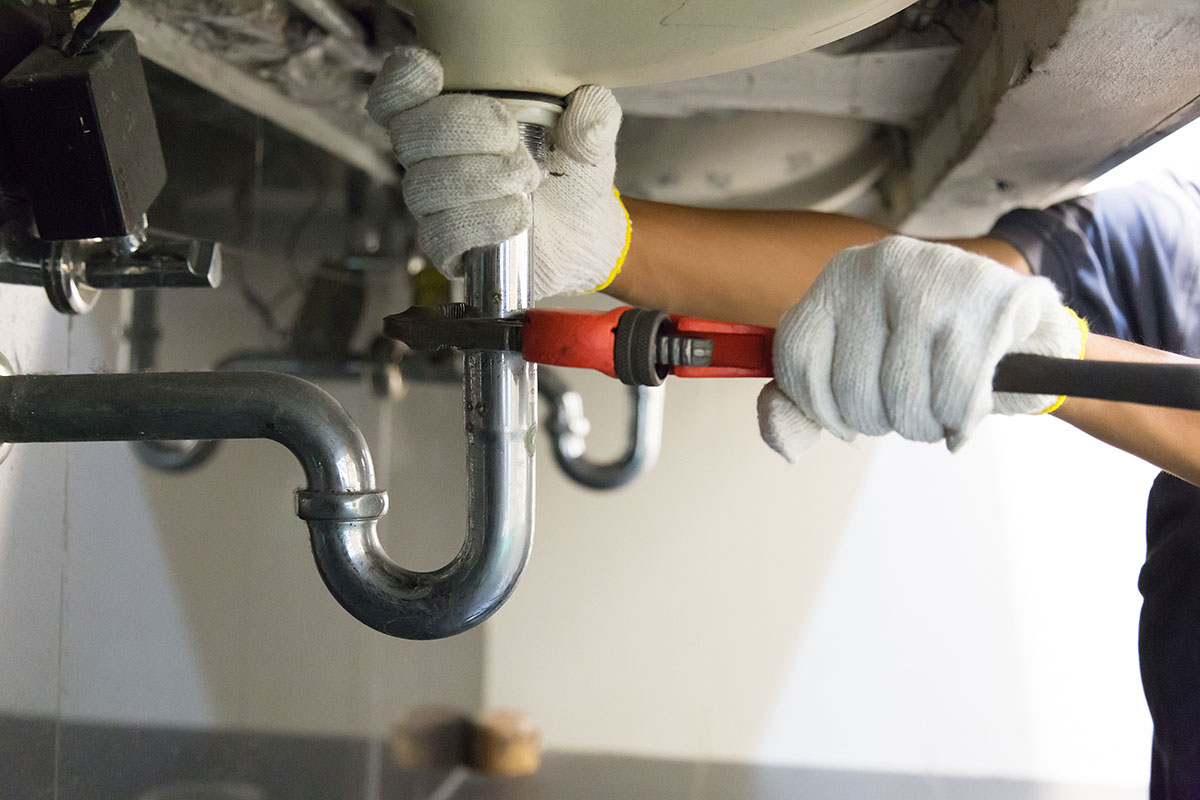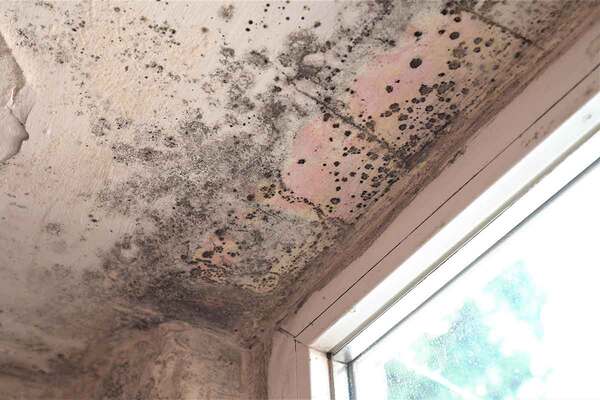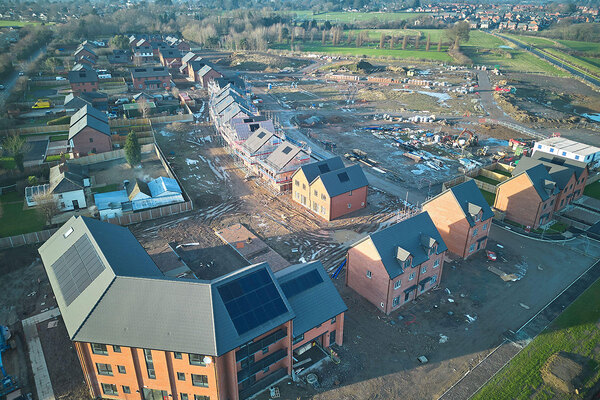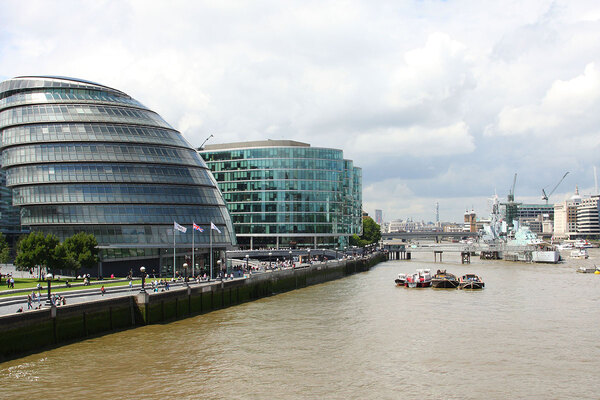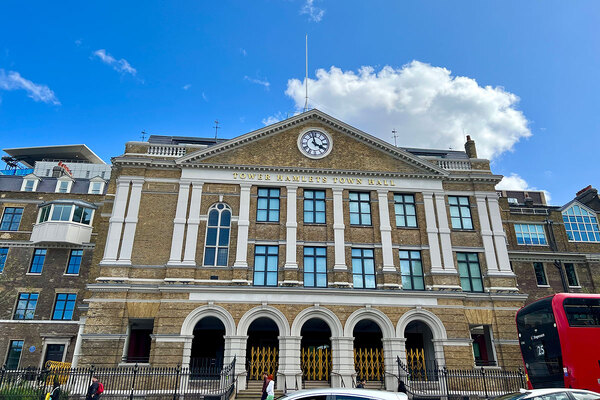Rise in landlords being hit with enforcement action for same repairs on same homes
The number of social landlords being stung with enforcement action for the same repair jobs on the same properties is on the rise due to labour shortages and supply chain issues, lawyers have said.
Lawyers have told Inside Housing that the challenges mean landlords are not getting outstanding repairs done in agreed timescales, leading to tenant solicitors issuing additional enforcement actions for these jobs because the associations have breached the terms of settlements.
When a tenant brings legal action against their social landlord over the condition of their home and the association settles, it will generally agree to pay damages, reasonable costs and do any outstanding repairs within a specific period of time.
Though tenant solicitors often issue enforcement action on settled claims, lawyers are seeing an uptick in the amount of cases.
Dorota Pawlowski, managing associate at Trowers & Hamlins, said: “A lot of social landlords are struggling to get those repairs done within that period of time because there’s been a knock-on effect because of the pandemic.
“There are still problems with staffing. There are problems with contractors going under and there have been supply problems with building materials.”
Baljit Basra, partner and lead on disrepair claims at Anthony Collins Solicitors, said she has seen the same trend.
As a consequence, the firm, which represents social landlords, is now putting in longer timeframes for compliance of repairs when entering into settlements.
Giles Peaker, solicitor and partner in the housing and property disputes team at Anthony Gold, said enforcement action is already a common occurrence.
He added: “It has been far from uncommon for us to have to take enforcement action on settled housing conditions claims because the landlord hasn’t done repairs within the agreed time.
“Perhaps half of our settled claims require this. The position does seem to be getting worse, and with some landlords, we now routinely expect to have to enforce.”
The rise in enforcement action comes amid mounting challenges across the board for social landlords.
New figures from the Regulator of Social Housing’s quarterly survey showed that investment in major repairs across the sector was 33% below target last quarter because of inflationary pressures, as well as labour and material shortages.
The National Housing Federation (NHF) has warned that costs for new homes, repairs and maintenance are all rising above inflation.
The government is also proposing a rent increase cap from April 2023 to mitigate the impact of the cost of living crisis on tenants. Its preferred cap of 5% would cost the sector an estimated £1.3bn next year.
Kate Henderson, chief executive of the NHF, said that if a cap is imposed without additional funding, housing associations will have to compromise on what services they fund.
It also comes on top of years of increasing disrepair claims being brought against social landlords.
Sign up for our asset management newsletter
Already have an account? Click here to manage your newsletters
Sign up to the Tenant and Resident Engagement Conference
Join us at this leading one-day event designed to help landlords and tenants achieve meaningful engagement following the Social Housing White Paper sector reforms, covering culture change, co-production and how to engage tenants on climate change, building safety, disrepair and more.
There is a free tenant place for every delegate pass booked by a landlord.
To view the agenda and book your delegate pass, click here.
